From Los Angeles to Brazil, choosing eco-friendly shoes is about walking the walk—literally—in sustainable style. With sustainability becoming a priority, eco-friendly shoes are stepping into the limelight, balancing style, comfort, and kindness to our planet. It’s more than a trend; it's about making responsible choices and considering the environmental footprint we leave behind.
What is the environmental impact of traditional footwear?
Examining the traditional shoe-making process reveals a heavy environmental footprint.
Nonrenewable materials combined with energy-intensive manufacturing processes, significantly impact ecosystems. Regular materials like leather and synthetic elements are resource-intensive to produce and can degrade the environment.
Then there’s fast fashion: a contributing factor to environmental problems. Its emphasis on speedy and inexpensive production fuels a relentless cycle of consumption, disposal, and feeds an overflow of waste. This overproduction results in countless shoes being thrown away, filling up landfills, and releasing toxic substances back into the environment.
Understanding the consequences of conventional footwear production will lead to more sustainable practices and empower us to choose products that tread lightly on the planet.
What are the core components of eco-friendly shoes?
Let’s delve into the building blocks of eco-friendly shoes. These sustainable stars of the footwear world stand out for their commitment to ethical practices, sustainable materials, and eco-conscious manufacturing.
Use of sustainable materials
There are a few different types of sustainable materials to keep in mind, all of which provide their own benefits to the environment:
- Recycled materials: The world is overflowing with landfills. Using recycled materials is a step forward to resolving the waste crisis. Shoes that use recycled fabrics made from recycled plastic bottles, rubber, and other upcycled components, significantly lower the carbon footprint while turning trash into treasured shoes. Shoemakers can even recycle fabrics like Italian leather or suede to prolong their lifespan!
- Natural materials: Nature offers plenty of raw materials that are sustainable and biodegradable. Substances like natural rubber, cork, sugar cane, merino wool, and hemp are renewable and don’t deplete the ecosystem. Not to mention, natural materials would significantly reduce emissions when compared to the production of their synthetic coutnerparts.
- Organic cotton: Organic cotton serves as a green alternative to conventional cotton because its grown without harmful pesticides or fertilizers. Its production promotes soil health, water conservation, and overall ecological balance. It’s also great option for those shopping for vegan shoes!
Sustainable manufacturing processes
The journey of creating eco-friendly shoes isn’t just about materials; it’s also about how they are made. Eco-conscious shoe brands are embracing manufacturing processes that are less energy-intensive, reduce carbon emissions, and minimize plastic waste. This creates a win for businesses, a win for the people making the shoes, and a win for the planet.
Ethical and fair trade practices
The essence of sustainability isn’t only ecological; it’s also social. Ethical and fair trade practices ensure that the people involved in the shoe-making process are treated with dignity and respect, receive fair wages, and work in safe conditions. It’s about creating a chain of kindness where every hand that touches the product is valued and protected.
Low environmental impact
Beyond materials and production, sustainable shoes aim to leave the smallest footprint possible.
Brands focusing on eco-friendly shoes invest in research and development to create products that are long-lasting, reduce the need for frequent replacements, and cut down on waste. If we’re going to step into a carbon neutral world, it’s important to ad here to offset programs and other initiatives to mitigate environmental impacts.
Eco-friendly shoes combine environmental and ethical factors, creating a path toward a more sustainable and equitable footwear industry. By choosing shoes that prioritize both people and the planet, consumers can actively drive demand for responsible practices and mindful consumption and play a pivotal role towards positive change.
What are the different types of sustainable footwear?
Delve deeper into the world of sustainable footwear, and you’ll discover a wide array of choices that cater to diverse tastes, needs, and lifestyles. This diversity in eco-friendly footwear highlights brands' dedication to combining fashion, innovation, and sustainable principles.
Sustainable sneakers
Sneakers have long been a symbol of both comfort and style. Sustainable sneakers are reshaping these conventions by utilizing eco-friendly materials and ethical production methods, delivering a blend of style, functionality, and environmental consciousness. Brands are actively investigating materials such as recycled rubber and organic cotton to craft sneakers that are kinder to the earth.
Eco-friendly loafers and clogs
Prefer relaxed and casual styles? Go with eco-friendly loafers and clogs. They’re made with materials like natural rubber and go through ethical manufacturing processes. These shoes offer comfort without compromising ecological values.
Vegan leather shoes
Vegan leather shoes show how innovation can create stylish and cruelty-free alternatives. These shoes leverage plant-based or synthetic materials to mimic the texture and appearance of leather. It’s a sustainable choice for those who want to look their best while keeping the planet looking good, too.
Breathable active shoes
People can now step into their shoes with a clear conscience with breathable, sustainable active shoes like a pair of stylish black Kiziks. These active shoes use materials like bio-based fabrics and recycled components to provide the optimal walking experience while minimizing environmental impact.
High-quality high-tops and low-tops
Are you team high-tops? Or low-tops? There’s sustainable and econ-concisous versions of both. These shoes are designed with a focus on longevity and reduced environmental impact by usingrenewable and recycled materials.
What are the benefits of wearing sustainable shoes?
Now that we've taken a look at the colorful world of sustainable footwear and seen how brands are weaving ethics, sustainability, and style together, let's turn our attention to the many advantages of wearing eco-friendly shoes.
Enhanced breathability and comfort
Sustainable shoes often boast superior comfort and breathability, making them a pleasure to wear. The use of natural and organic materials is kinder to the environment and offers enhanced breathability and foot health.
Take Kiziks, for example. They're well-known for their breathability and sustainable comfort. They seamlessly blend incredible ease with eco-friendliness, making them a top choice for sustainable footwear. What's more, they come in various fits, catering to all foot types, from wide to narrow and everything in between.
Promotes ethical consumption
Choosing sustainable shoes empowers you to take an active step in ethical consumption. When you do, you're voting with your wallet for a fairer and more sustainable world.
This choice helps promote a culture of responsibility and mindfulness, underlining the importance of human rights and environmental preservation.
Durability and longevity
Sustainable shoes embody quality and long-lasting durability. They achieve this by paying meticulous attention to detail and using high-quality, sustainable materials. As a result, these shoes endure over time, reducing the need for frequent replacements and, in turn, cutting down on waste.
Positive environmental impact
When you opt for sustainable footwear, you play an active role in reducing environmental degradation and pollution. These shoes have a minimal environmental impact, and their production processes are sustainable, leading to less waste, lower carbon emissions, and a smaller ecological footprint.
Health and wellness
Using non-toxic, natural materials in sustainable shoes benefits both the environment and the wearer. It avoids harmful chemicals and synthetic materials, which can lead to better overall well-being and fewer skin irritations. This helps you enjoy style without compromising your health.
Enhanced brand image
Eco-conscious consumers appreciate and connect with brands that place sustainability and ethics at the forefront. This support not only boosts the brand's image but also builds trust and loyalty among consumers who highly regard transparency, ethics, and environmental responsibility.
The advantages of sustainable shoes extend far beyond what we can touch and feel. They align with our values and embody our hopes for a fairer, more balanced world. Choosing sustainable footwear isn't just trendy; it's a stride toward aligning our desires with the well-being of the planet and all its inhabitants. (That’s us.)
How do you choose eco-friendly shoes?
Choosing eco-friendly shoes is more than admiring their design; it's about uncovering their story. The path to making conscious choices begins by deciphering labels and certifications, which are genuine signs of sustainability.
Let's explore the importance of these markers together so that we can make informed and ethical footwear decisions.
Understanding labels and certifications
When you're looking for eco-friendly shoes, it's essential to grasp the significance of labels and certifications. Certifications such as EcoCert, USDA Organic, and Fair Trade serve as clear indicators of a commitment to environmental and ethical standards.
Here at Kizik, we encourage our customers to pay attention to these labels, as they help you identify truly sustainable and ethically made footwear.
Assessing brand values and supply chain ethics
Take a close look at the brand's values and carefully examine their supply chain ethics. It's vital to back companies that emphasize transparency, ethical sourcing, fair trade practices, and the use of sustainable materials. Kizik upholds these high ethical standards and is eager to share information about our sustainable practices and supply chain ethics.
Evaluating material sustainability and durability
Think about the sustainability and lasting power of the materials. Our Madrid Eco-Knit shoes, for instance, are made with eco-friendly materials that don't just help the environment but also promise durability, comfort, and style. Picking shoes that balance ecological responsibility with long-lasting wear ensures that every step you take supports the environment.
Consumer responsibility and conscious buying
Finally, embrace your role as a responsible consumer. Conscious shopping involves making well-informed decisions that match your needs and values. Choosing brands and products like those in our Kizik collection, which align with your dedication to sustainability, guarantees that your purchase becomes a part of the solution, helping create a more sustainable future in the footwear industry.
Good for you and the planet!
Companies that go the extra mile to pay living wages, make shoes with recycled water bottles, and choose eco-friendly materials are changing the industry. Today, there are plenty of sustainable shoe brands out there to pick from. Choose a shoe that’s both good for the planet and your feet!
When you opt for a pair of shoes like our innovative Madrid Eco-Knit, you’re slipping into a future of thoughtful consumption and ethical living. With sustainable insoles and mindful design, it’s not just about style. You’re fostering an ethical, environmentally conscious lifestyle.
At Kizik, we champion transparency, sustainability, and ethical sourcing. We want every pair of shoes we make be a step toward a healthier planet.
Join a world where each slip-on represents your dedication to sustainability and ethical choices with Kizik. We're here for you, your feet, and the planet.
Sources


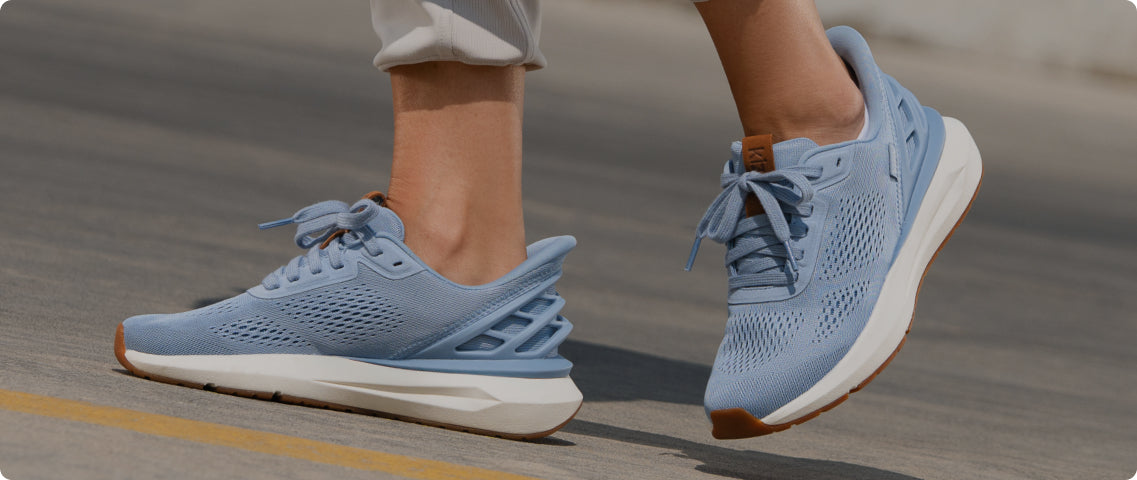

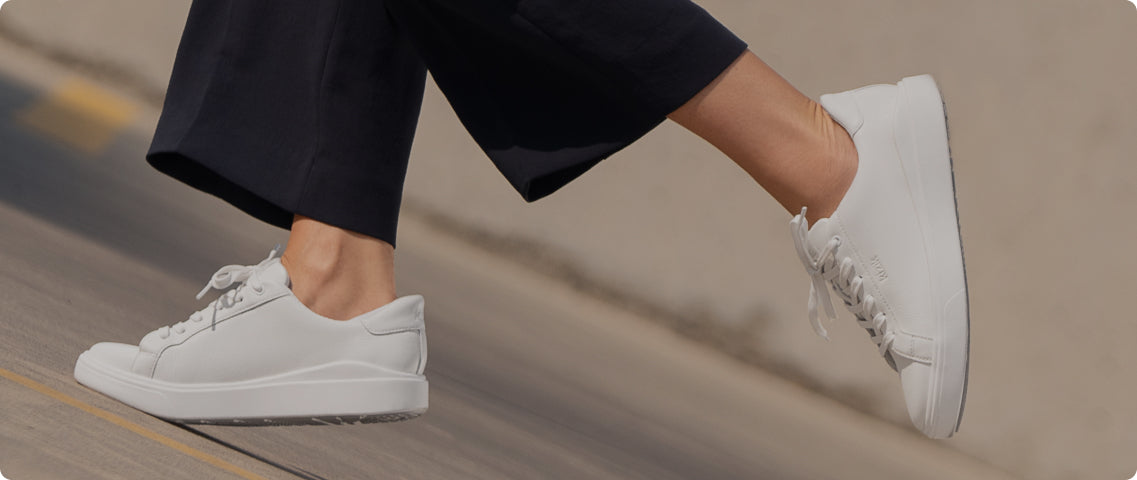
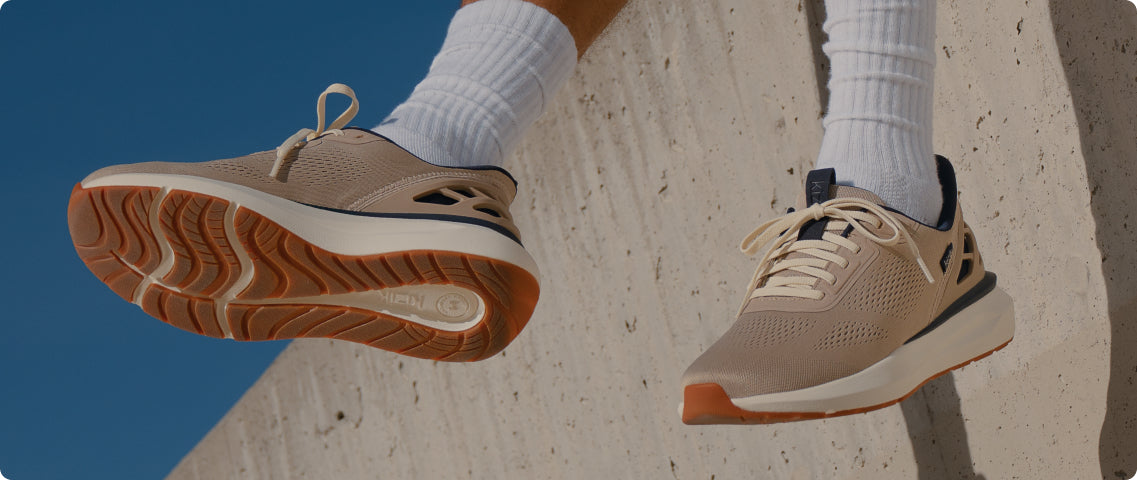
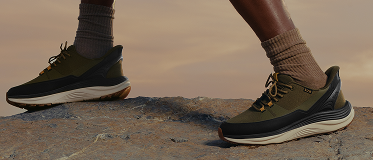
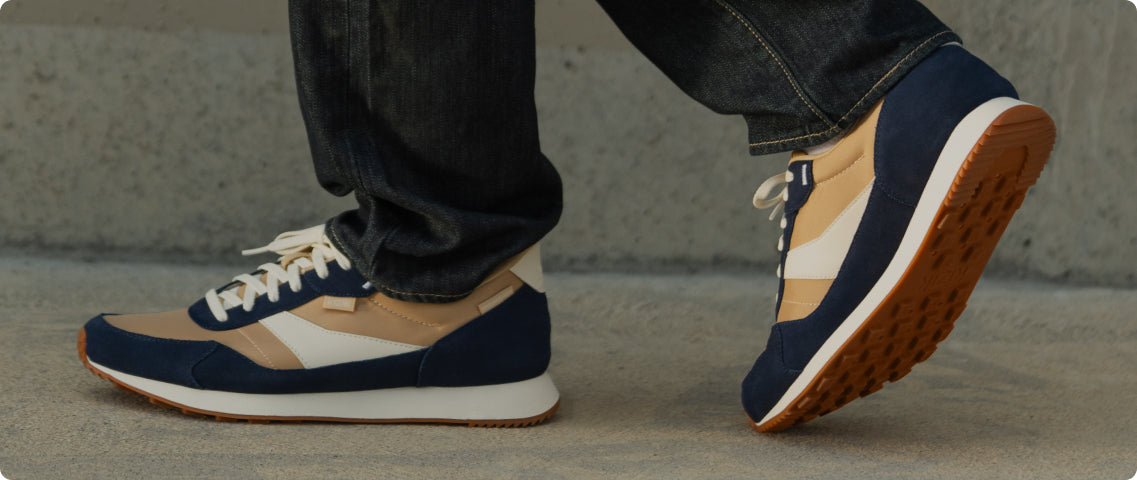
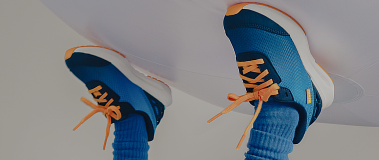
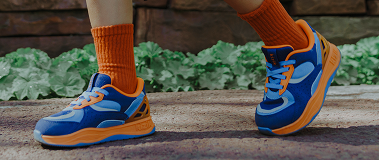
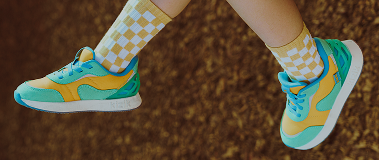
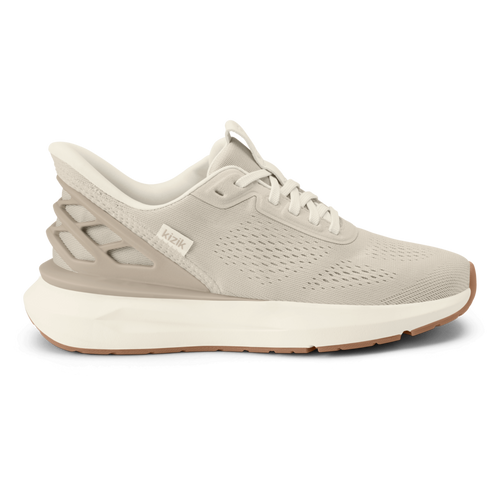
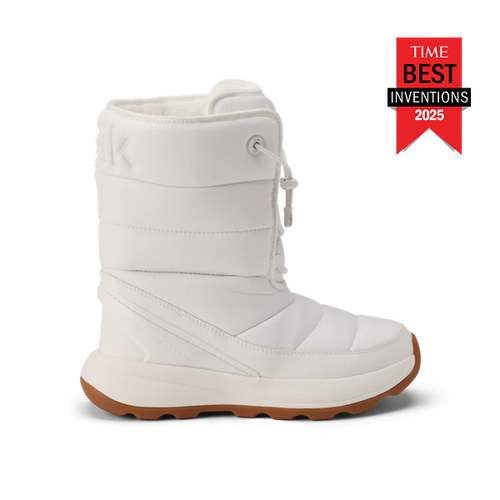





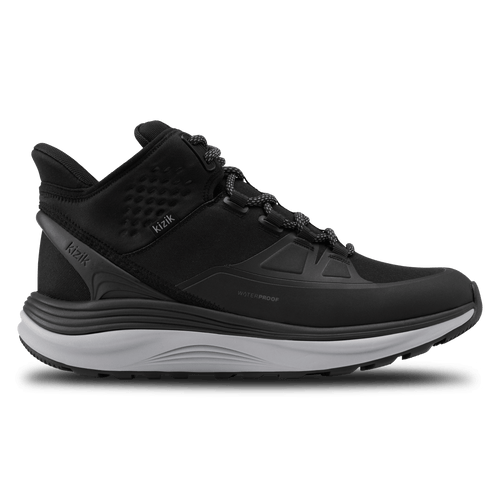
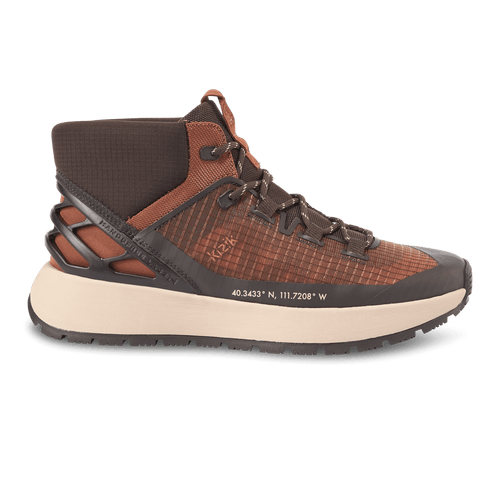

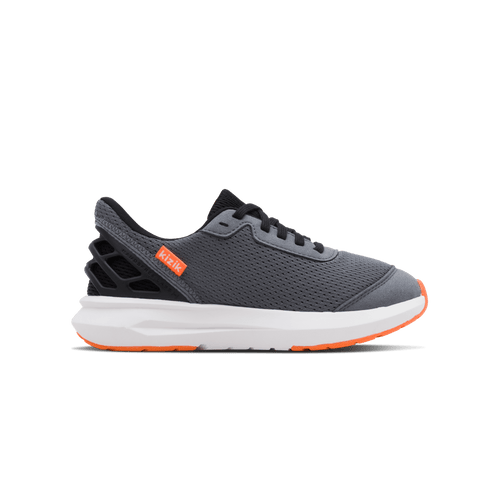

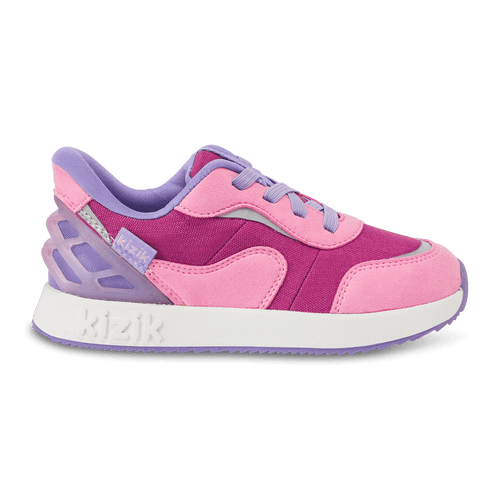

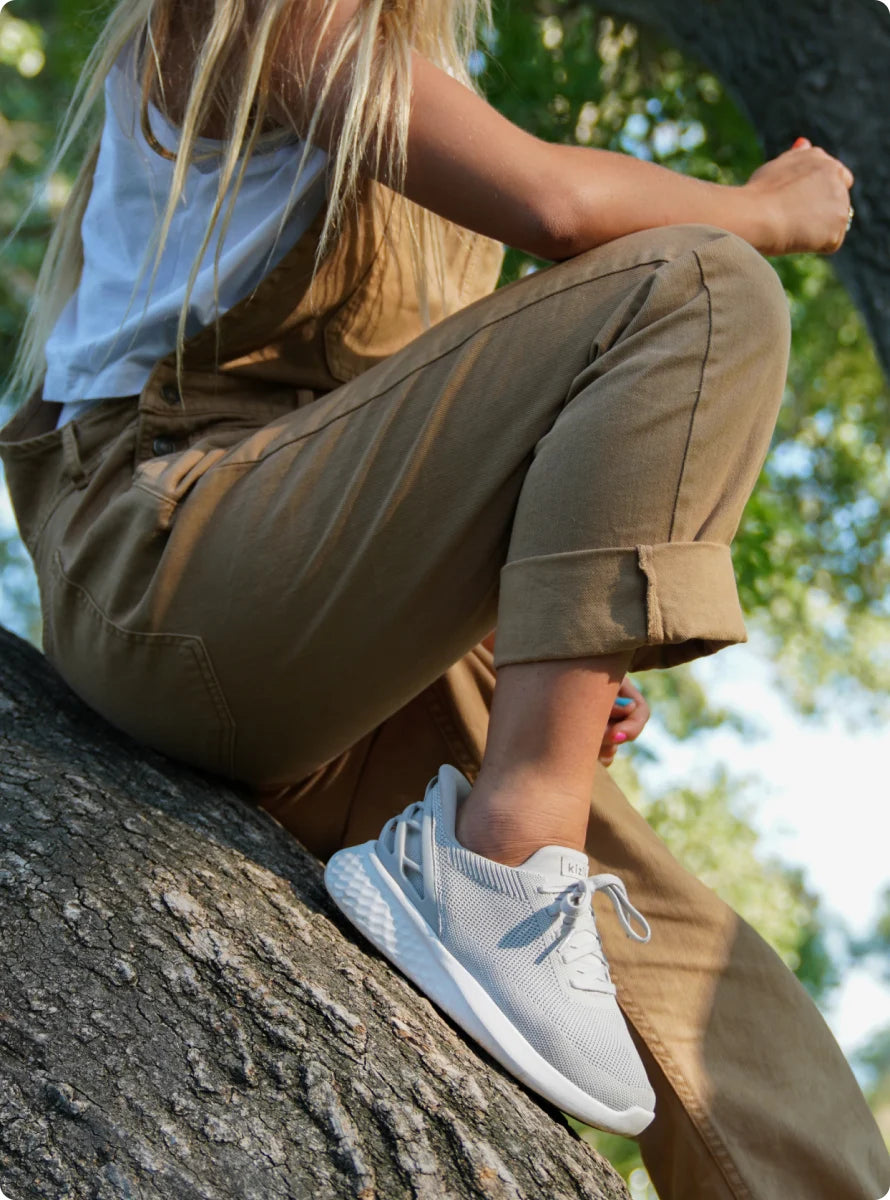

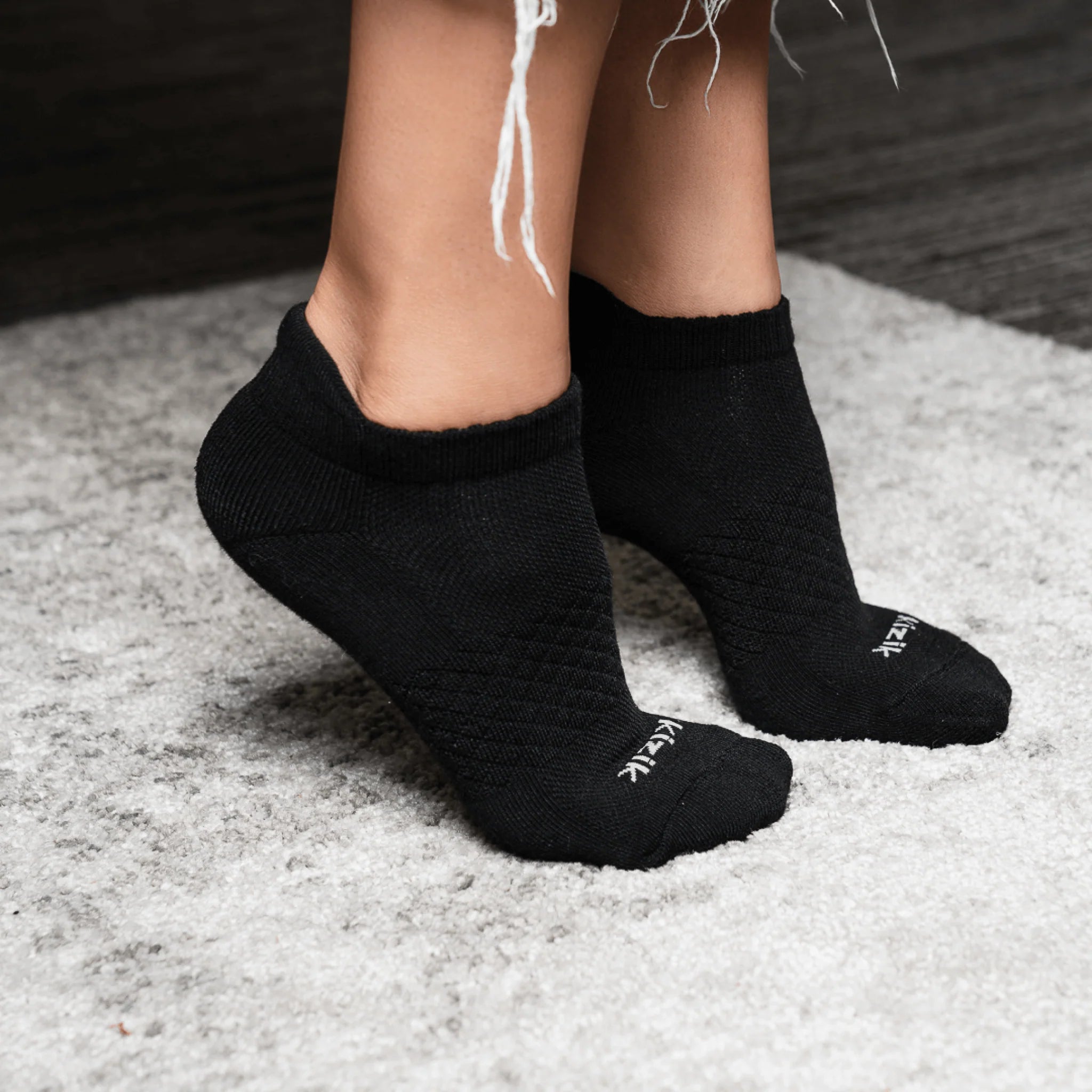
Leave a comment
This site is protected by hCaptcha and the hCaptcha Privacy Policy and Terms of Service apply.